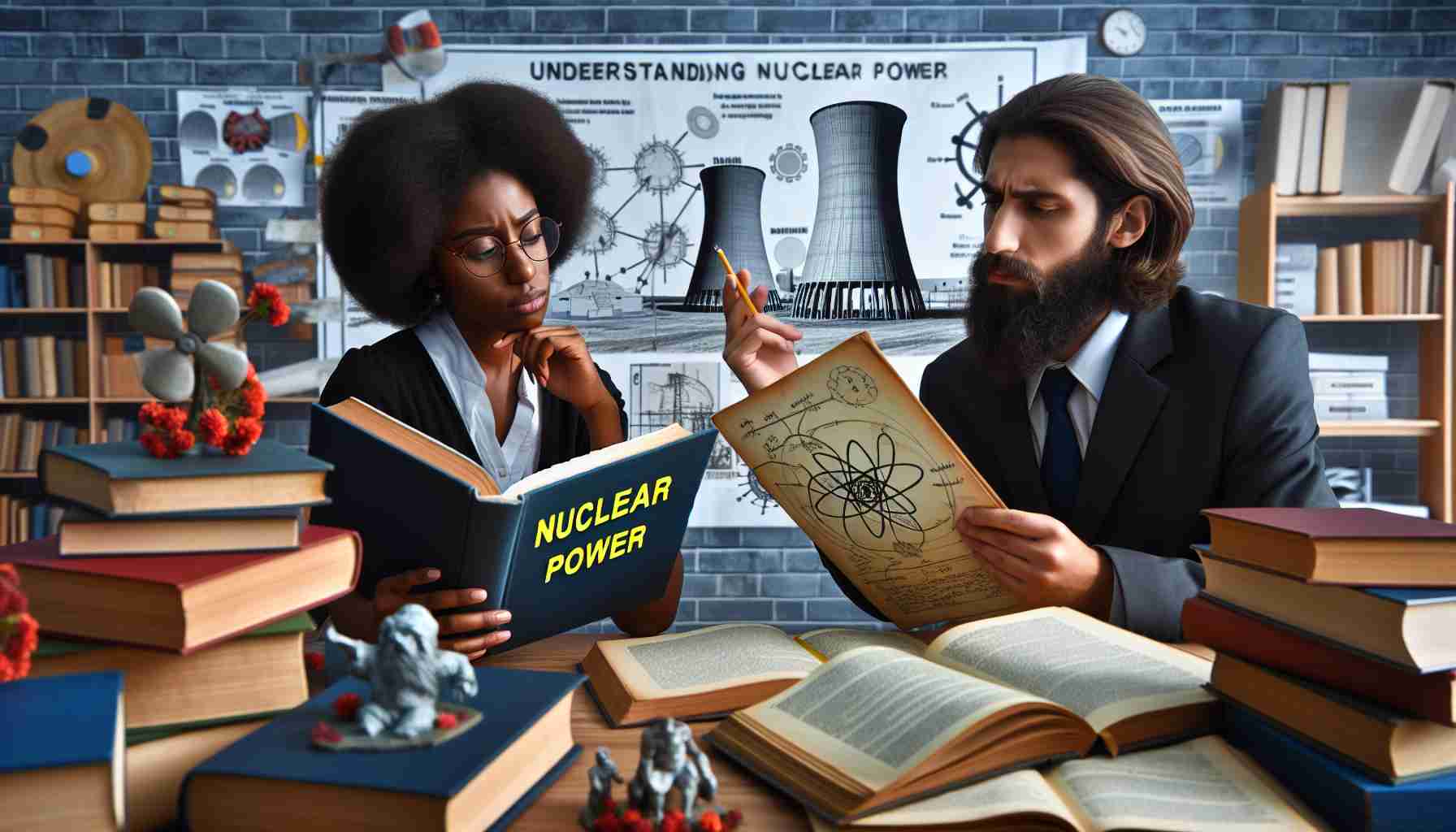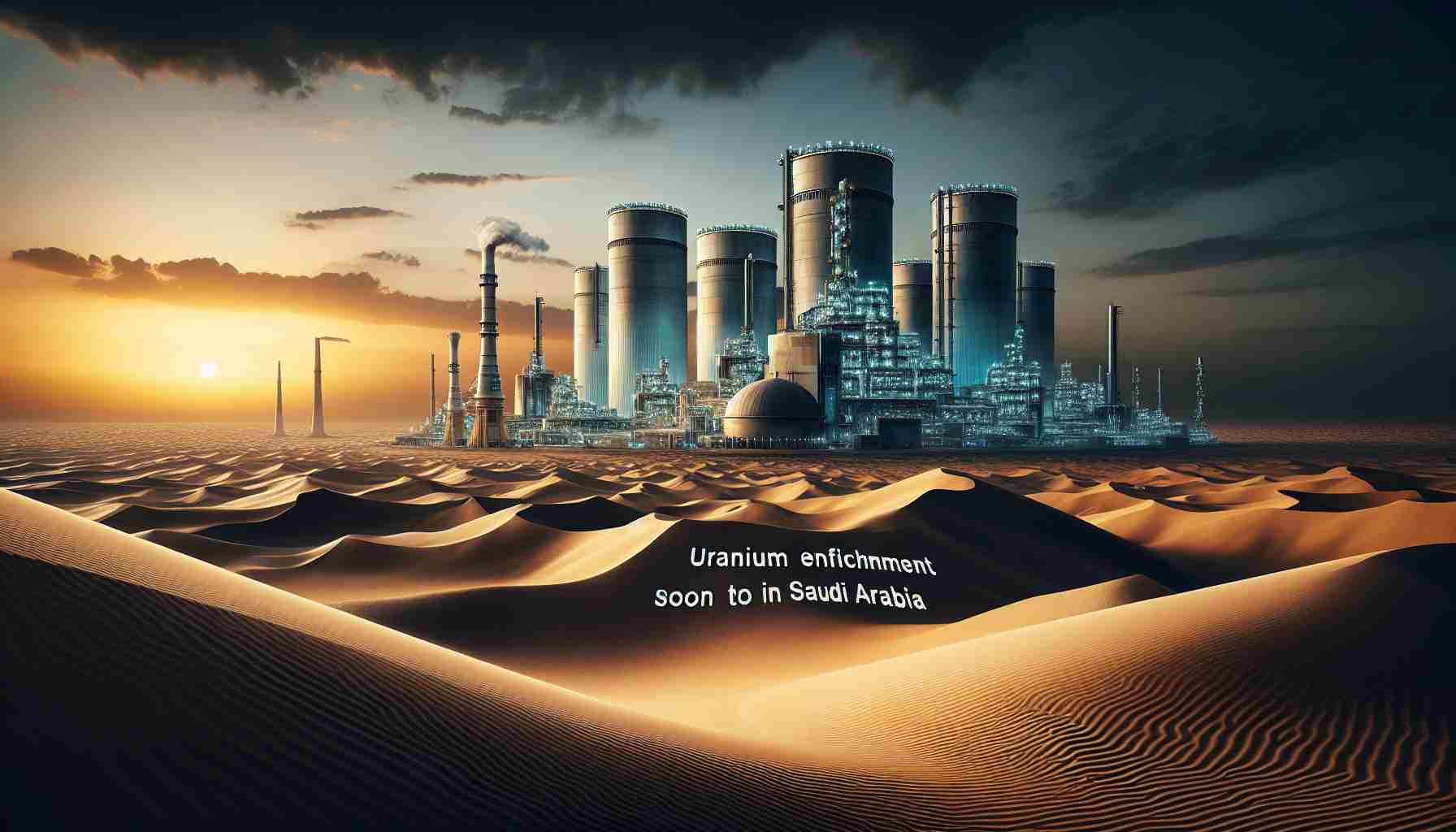Following his inauguration, Donald Trump wasted no time addressing critical international issues. Just hours after taking the oath of office as the 47th president of the United States, Trump categorized North Korea as a “nuclear power.” This declaration hints at a potential shift in how the U.S. may engage with the Democratic People’s Republic of Korea (DPRK).
While signing a series of executive orders, the new president spoke to reporters, expressing his concern over the North Korean regime’s capabilities. He referred to North Korea as “a tremendous threat” during his initial term, indicating that he is still wary of its nuclear ambitions. However, Trump also remarked that, based on his understanding, North Korean leader Kim Jong-un might welcome his presidency.
Trump’s quick acknowledgement of North Korea’s nuclear status may set the stage for a stringent approach in international relations. This acknowledgment draws attention to the ongoing tensions and complexities surrounding nuclear negotiations. Observers are left wondering how this will influence diplomatic efforts going forward and whether it signals a new strategy in dealing with one of the world’s most contentious regimes.
As Trump’s administration unfolds, the international community is poised to see how the narrative around North Korea develops and whether new dialogues or confrontations will emerge.
Implications of U.S. Policy Shifts on North Korea
The rhetoric surrounding North Korea and its nuclear capabilities is not just a matter of political posturing; it has profound implications for global security and stability. With leaders like Donald Trump framing North Korea as a substantial threat, the potential for escalating tensions increases, which could reignite fears of military conflict on the Korean Peninsula. The implications stretch beyond the regional players, prompting concerns among U.S. allies in Asia, such as Japan and South Korea, about their defense strategies and reliance on American military support.
Moreover, changing U.S. policies can influence the global economy. A focus on military readiness and potential sanctions may disrupt international trade, particularly for countries engaged in commerce with North Korea. Economic instability can unfold if tensions lead to tighter trade policies, restricting access to essential markets.
The environmental effects are also notable. Escalating military actions in the region could heighten the risk of armed conflict, which may not only result in humanitarian crises but also lead to long-term ecological degradation. Past conflicts have shown a devastating impact on local environments, from deforestation to pollution, underscoring a crucial consideration for policymakers.
As we look ahead, future trends may see greater calls for diplomacy over aggression. Long-term significance lies in enhanced cooperation frameworks, which could emerge for nuclear non-proliferation, potentially setting a precedent for how nations navigate similar challenges. The global community’s response to this situation could thus redefine diplomatic interactions in an increasingly multipolar world.
Trump’s Bold Move: A New Era in U.S.-North Korea Relations?
Overview of Trump’s North Korea Policy
Following his inauguration as the 47th president of the United States, Donald Trump quickly addressed significant international relations issues, focusing particularly on North Korea. His instant classification of North Korea as a “nuclear power” reflects a potentially aggressive stance towards the Democratic People’s Republic of Korea (DPRK), which many analysts view as a pivotal shift in America’s foreign relations strategy.
Features of Trump’s Approach to North Korea
1. Immediate Recognition of Nuclear Status: Trump’s prompt acknowledgement of North Korea’s nuclear capabilities sets a serious tone for future negotiations. This recognition may lead to heightened tensions but also opens the door to potential recalibrations in diplomatic discourse.
2. Investment in Defense Initiatives: Following his statement, the Trump administration may prioritize enhancing missile defense systems in the region, as it seeks to mitigate threats posed by North Korea’s advancements in military technology.
3. Engagement and Confrontation: Analysts speculate that Trump’s unique approach may blend traditional diplomacy with stronger confrontational tactics. This could mean leveraging economic sanctions alongside readiness for military preparedness.
Pros and Cons of Trump’s Strategy
# Pros:
– Heightened Awareness: By officially recognizing North Korea as a nuclear power, Trump brings more global attention to the nuances of nuclear diplomacy.
– Increased Security Measures: The acknowledgment may prompt enhanced security measures in allied nations, improving regional stability.
# Cons:
– Risk of Escalation: A confrontational stance could provoke further aggression from North Korea, resulting in heightened military tensions.
– Diplomatic Isolation: Aggressive policies may alienate potential allies who favor diplomatic solutions over military responses.
Use Cases: Potential Scenarios Moving Forward
– Bilateral Talks: Should both parties engage in dialogue, it could lead to treaties that limit nuclear proliferation and promote peace in the region.
– International Coalition Building: The U.S. could work to form coalitions with allies in response to North Korea’s actions, fostering a united front against nuclear threats.
Limitations of the Current Diplomatic Approach
The efficacy of Trump’s North Korea policy will depend heavily on various factors:
– Internal Political Climate: Domestic opposition and support will play crucial roles in shaping foreign policy decisions.
– International Reactions: Allies and adversaries may withdraw from or support U.S. initiatives based on global perceptions of Trump’s leadership and decisions.
Insights and Predictions for the Future
As Trump’s presidency unfolds, expectations for U.S.-North Korea relations remain mixed. Experts predict:
– Increased Sanctions: If North Korea continues its ballistic missile tests, the Trump administration may implement stricter sanctions.
– Potential for Historic Meetings: There might be unexpected breakthroughs, akin to prior attempts to engage in dialogue with North Korean leadership.
Security Aspects: Risks and Safeguards
With Trump’s acknowledgment of North Korea’s nuclear capabilities, security strategies will need to adapt to counter potential threats. This includes enhancing cyber defenses and ensuring that missile defense systems are up to standard, affirming the U.S. commitment to safeguarding its allies and interests in Asia.
Conclusion
Trump’s immediate focus on North Korea signifies a pivotal change in U.S. foreign policy that prioritizes strong recognition of global nuclear risks. The outcomes of this approach will likely resonate throughout his administration and shape international relations for years to come.
For further information on current global affairs, visit U.S. Department of State.
The source of the article is from the blog queerfeed.com.br



